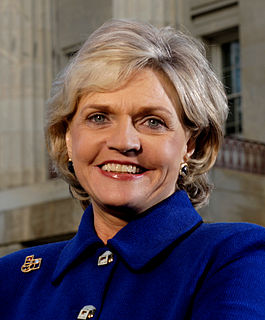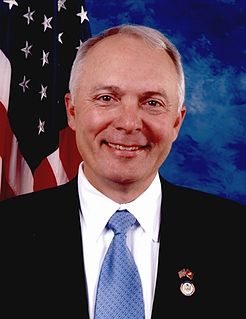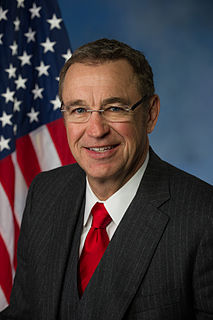A Quote by Valerie Jarrett
Employers who recognize the importance of investing in their workforce have a more productive workforce, a more efficient workforce, a more loyal workforce, less turnover, and, in the private sector, more profitable.
Related Quotes
Warp speed developments in technology - automation, artificial intelligence, and the arrival of the sharing economy - are transforming how we work. Beyond technology, traditional working patterns are also being disrupted by changes in society, organizations and workforce management, leading to the rise of a more independent and dispersed workforce.
What I hear from employers day in and day out is, 'I need to make sure I have that skilled workforce to compete.' And so we've been able to help so many people punch their ticket to the middle class by transforming our workforce development system for advanced manufacturing jobs and other critical jobs that exist right now.
I think the best value to leaders is understanding the generations for the purpose of integrating a younger workforce and transferring knowledge from an experienced workforce. I also think smaller companies may not have the resources for management training or recruiting and therefore there is not a lot of margin for error.




































